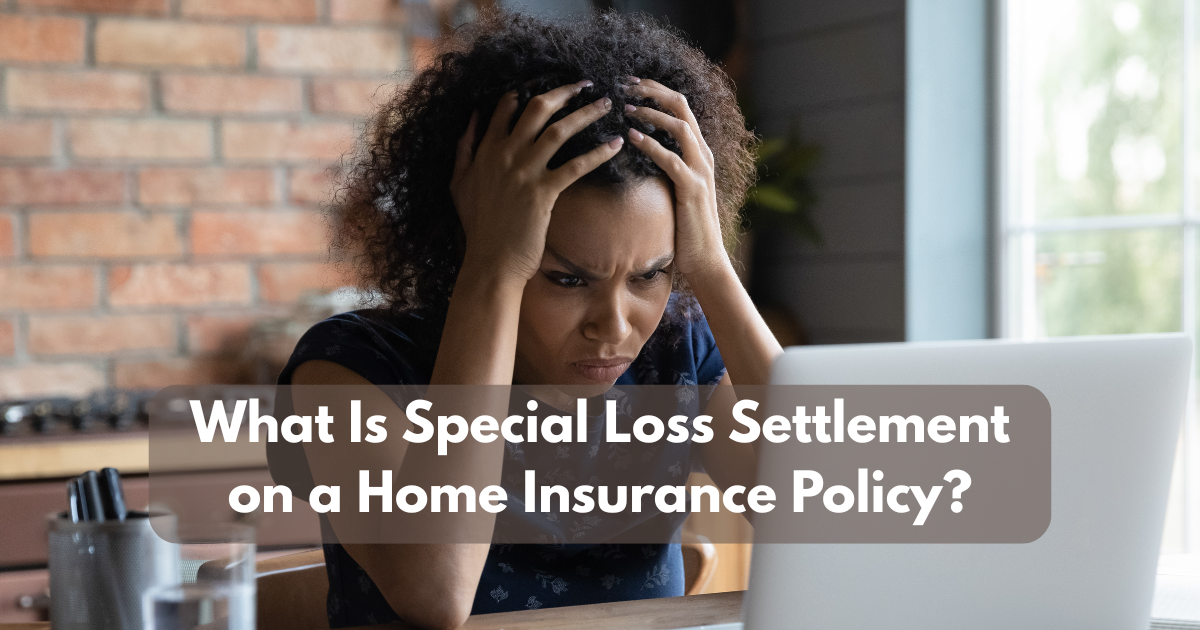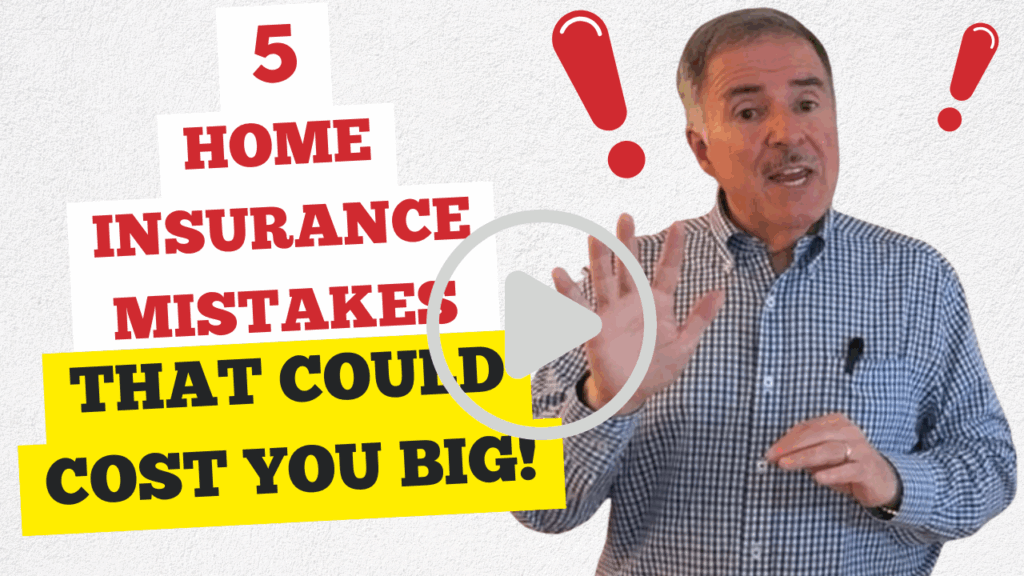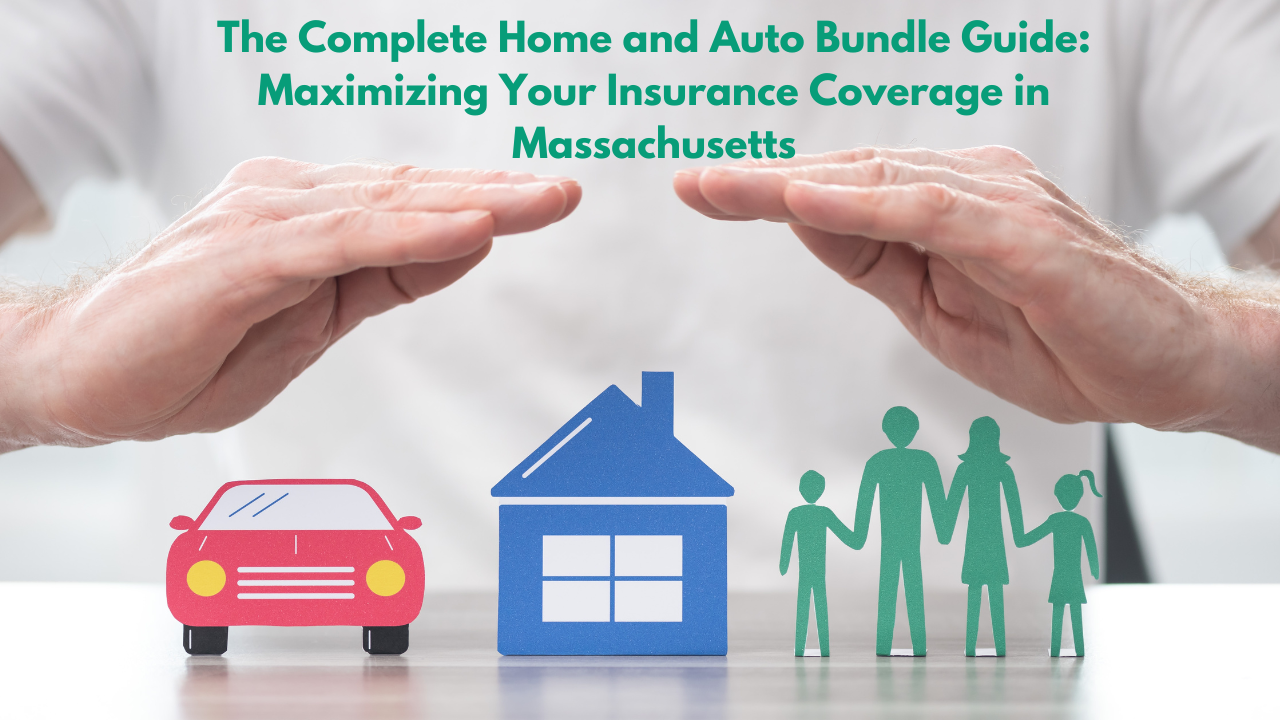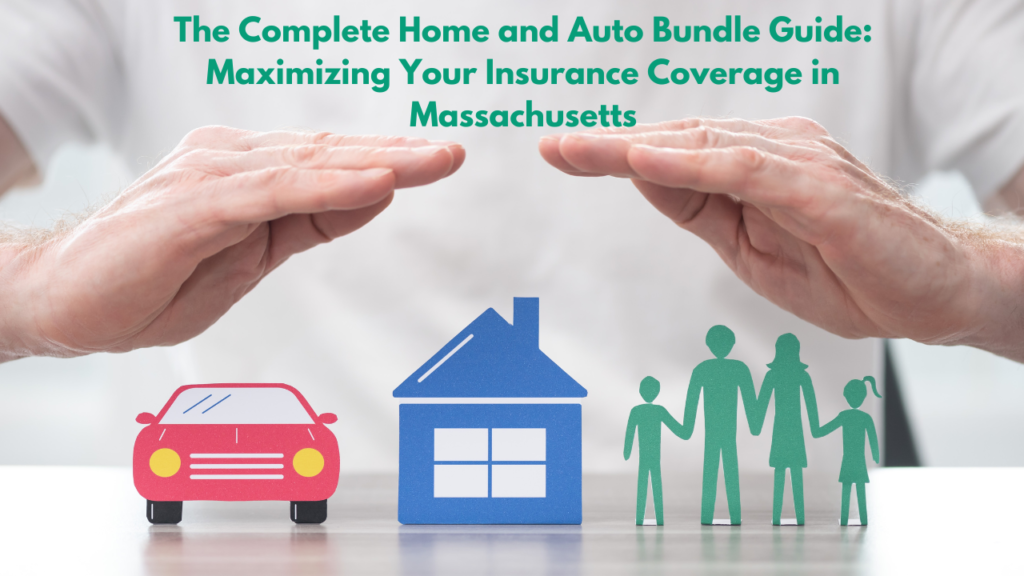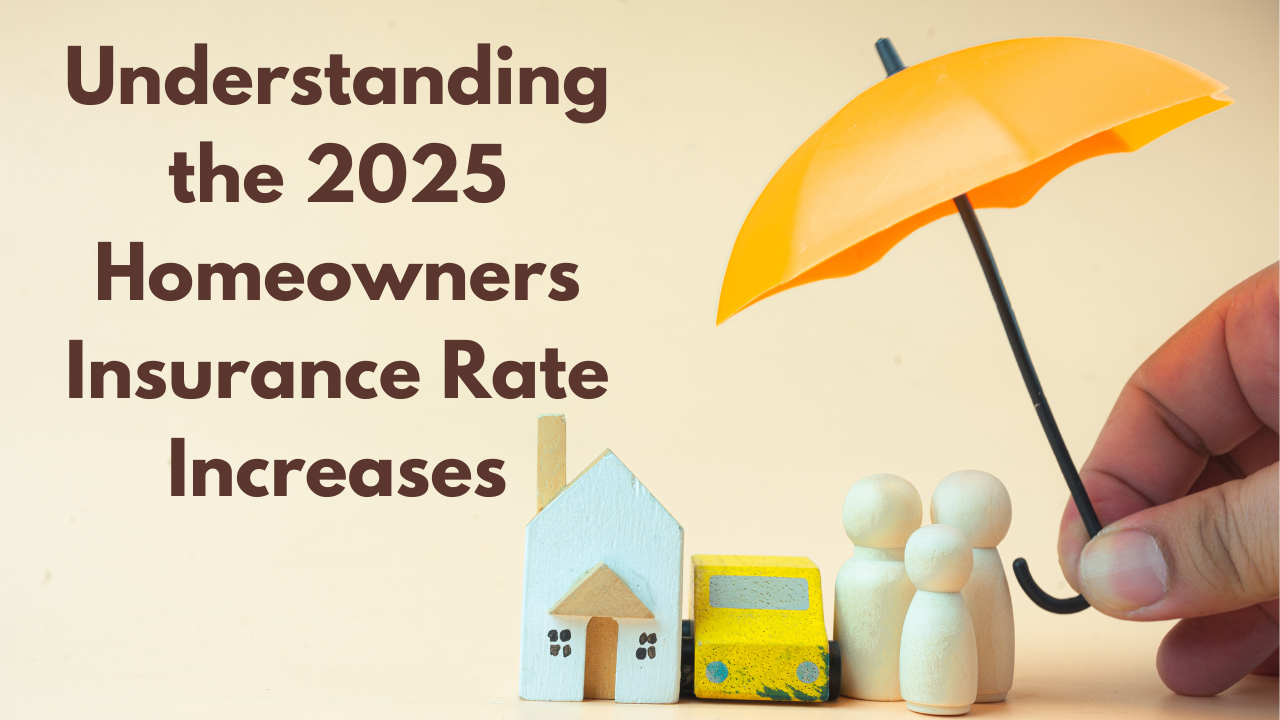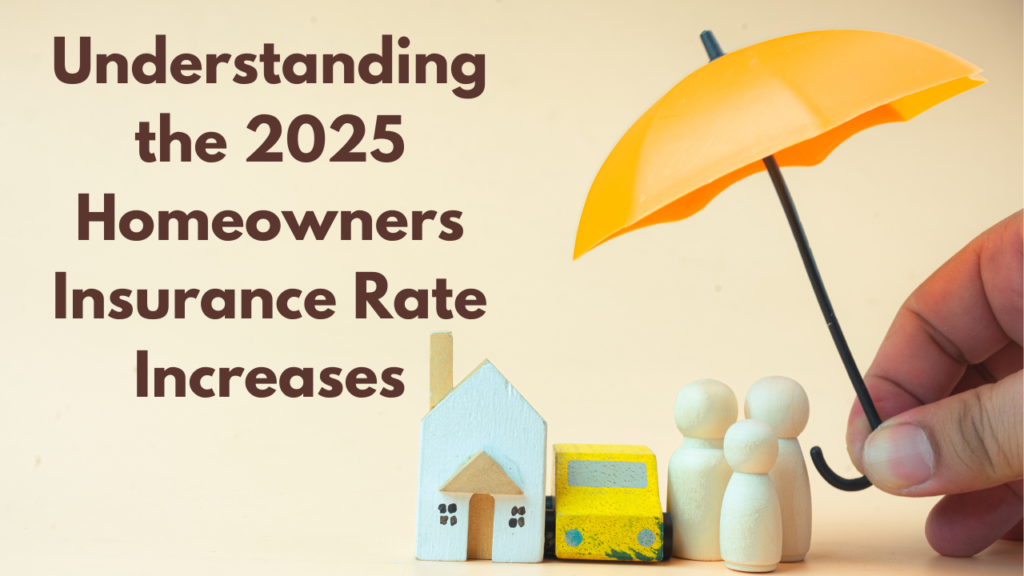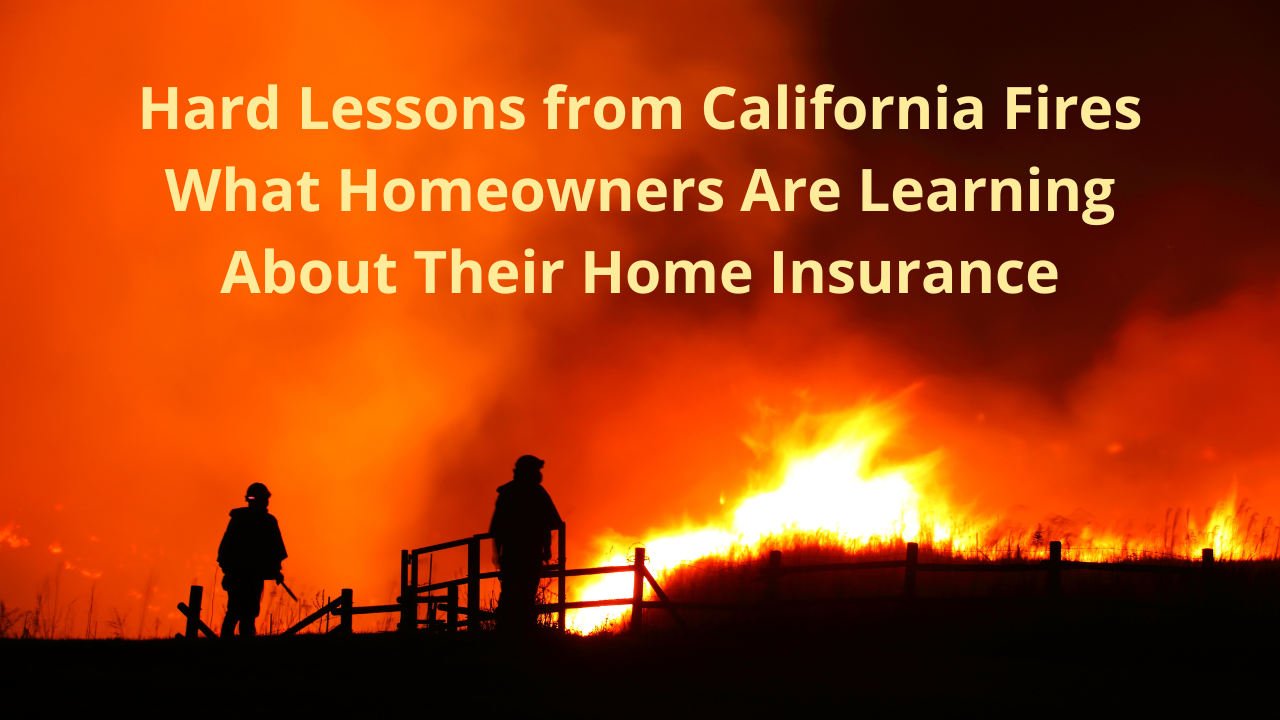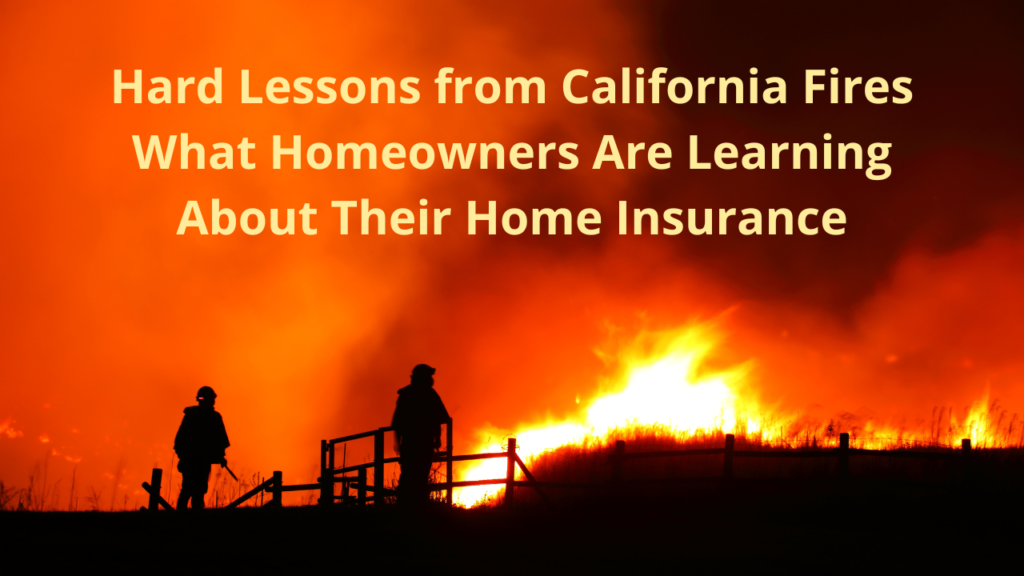You’re Being Sued for Something That Happened on Your Property?

Here’s What You Need to Know Before It’s Too Late
Have you received a letter saying you’re being sued for something that happened at your home or on your property?
Or, are you wondering what your insurance covers—and what it doesn’t—when someone gets hurt or claims damages?
This kind of letter is more common than you might think. Whether it’s a neighbor tripping on your steps, a contractor getting injured in your yard, or even a guest’s dogfight with yours—liability lawsuits can blindside homeowners and renters alike.
In this article, we’ll break down what happens if you’re sued, how your insurance policy helps (or doesn’t), and what steps you can take right now to protect yourself—including why you should review your liability coverage today.
Section 1: Why You Might Be Sued for an Incident on Your Property
Accidents happen—but when they happen on your property, you can be held legally and financially responsible.
Common reasons people get sued include:
- A guest trips and falls on an uneven walkway
- A tree from your yard falls on a neighbor’s car
- A child gets injured on your trampoline or pool
- A contractor slips on icy steps while making repairs
- A visitor’s pet is injured by your pet
Important: Even if it wasn’t your fault—or you weren’t even home—you can still be named in a lawsuit.
Section 2: What Does Homeowners (or Renters) Insurance Cover in a Lawsuit?
If you’re insured, your policy may include personal liability coverage, which can help pay for:
- Legal defense costs (even if you’re not found liable)
- Medical expenses for the injured party
- Settlement amounts or court judgments up to your coverage limit
💡 Most standard policies offer $100,000–$300,000 in liability coverage.
But what if your case exceeds that? Or what if the incident isn’t covered?
Section 3: 3 Critical Questions to Ask About Your Liability Coverage
Before you’re in legal trouble, review your policy and ask:
- Do I have enough liability coverage for a serious claim?
A bad injury or lawsuit could easily cost more than $300,000. If you have assets (like a home or retirement savings), you could be personally responsible for the rest. - Does my policy cover incidents involving guests, contractors, or pets?
Some policies exclude specific activities or animals. Always check exclusions. - Should I consider umbrella insurance?
Umbrella policies add extra liability protection—usually in $1 million increments—for a relatively low cost.
Section 4: What to Do If You Get a Lawsuit Letter
If you receive a letter or legal notice:
✅ Don’t ignore it – Lawsuits are time-sensitive.
✅ Notify your insurance company immediately – They’ll guide you through next steps.
✅ Avoid contacting the person suing you directly – Let your insurer or lawyer handle all communication.
✅ Gather documentation – Photos, witness statements, and your policy details will be important.
Stay Protected and Proactive
At the end of the day, anyone can face a lawsuit—even for something they didn’t directly cause. And when it happens, you’ll want to be sure your insurance policy actually protects you. Now that you know what personal liability coverage can and can’t do, it’s time to take action.
✅ Review your coverage.
✅ Ask the right questions.
✅ Speak to a trusted expert.
🔐 Need help reviewing your policy or increasing your protection?
Reach out to the team at Vargas & Vargas Insurance at 617-298-0655, or connect with your independent broker today.
We’re here to make sure you’re never left exposed.





